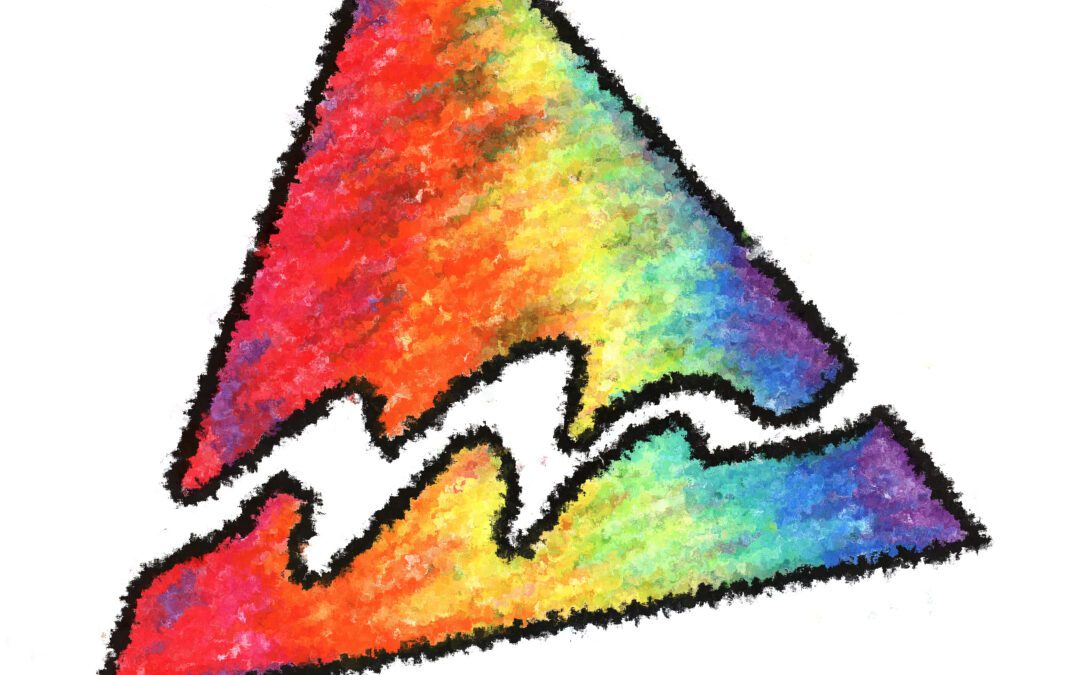In the second of a series profiling organizations receiving grants from Minnesota’s Department of Human Services (DHS), this issue of Northern Light features Asian Media Access.
Asian Media Access (AMA) is a comprehensive community media arts education agency supporting creative solutions for problems facing the Asian American & Pacific Islander (AAPI) community through education, production, information technology and community organizing. It’s bringing its resources and mission to bear on the issue of problem gambling to this community.
AMA’s effort began with research to understand more about the cultural impacts creating different problem gambling behaviors. They conducted interviews with 25 members of the AAPI community representing different ethnicities and social status.
“We found that our communities share the secrecy surrounding problem gambling like other communities,” says AMA founder and executive director Ange Hwang. “There is the challenge of people recognizing that they have a gambling problem and seeking help.”
According to Ange, approximately 25% of those interviewed say they gamble because they want more money. In one instance, a woman with low income explained she hoped to get more money to support newborns. “This type of thinking was a surprise to us as we thought they might gamble because they needed an escape from the stress of trying to speak English.”
“Many think that gambling, even in small amounts, is the best route to get more money,” says Ange. “We need to change that mindset so that people understand that if you lose a little, it’s still a large percentage of their assets. We’re trying to find a new way to discuss this with the community.”
The AAPI community uses a communication style that’s different than the Eurocentric way of contacting a hotline and talking to a counselor. Thus, the goal is to create messages that can become immersed in the environment so that it starts to build context and trust.
Another emphasis is to educate members of the community about the importance of financial management. “Many people don’t have exposure to mainstream society and don’t understand the complex financial structure present in the U.S.”
AMA is working to share messages in a variety of ways, including brochures, educational workshops and in-person. “From past experience, we know it’s hard for people to come and say, ‘Yes, I’m a problem gambler and need this workshop,” says Ange. The use of creative materials to open up community discussion is part of a four-year process.
AMA will also be creating YouTube videos that they can present at events and share through social circles. They’ve also started a youth group of “cultural brokers” that will use the heritage language to create postcards and other items that will be circulated to the community. “Communication through heritage language is a key for members who don’t know English,” says Ange.
AMA is collaborating with various organizations to educate the community about problem gambling. These include Asian temples in the Twin Cities, local chambers of commerce, restaurant owners and other organizations that help those new to the area.

